
Click here to support reforestation
with your company.
Get news, updates, & event Info delivered right to your inbox:
7 Climate Change Effects of Climate Change Happening Right Now
The Earth’s temperature has risen .14° Fahrenheit (0.08° Celsius) per decade since 1880. And according to NASA, NOAA and Berkeley Earth, the past seven years have been the hottest in recorded history.
While climate change has multiple contributing factors, the unfortunate truth is that most of those factors are due to human activity. Powering buildings, producing food, manufacturing goods, generating power and deforestation are just a few main causes of the Earth’s rising temperature. While a warmer planet wasn’t of much concern a few decades ago, climate experts and scientists have warned the public that if we stay on our current trajectory, we may only have until 2030 before we reach the global tipping point of no return.
7 Effects of Climate Change Happening Right Now
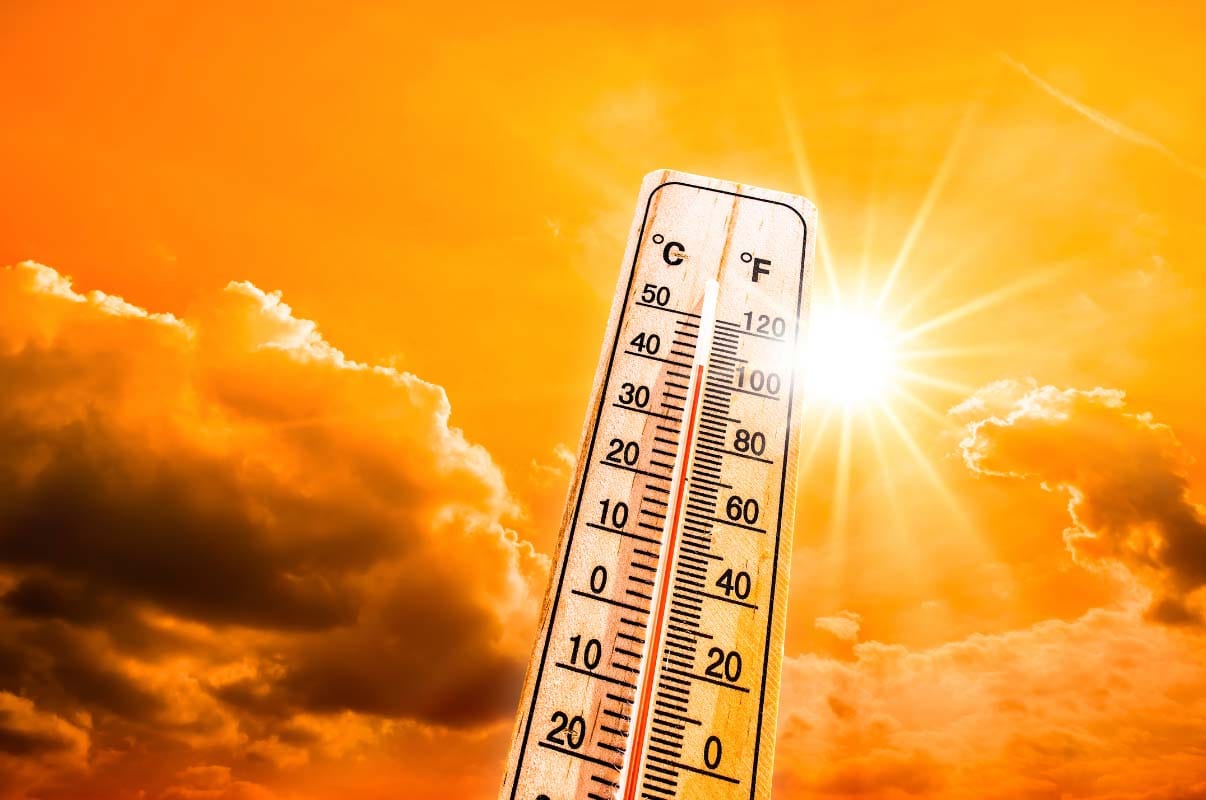
1. Temperature Extremes
Heatwaves are classified as prolonged periods of abnormally high temperatures. An estimated 1,300 Americans die from extreme heat each year, with that number expected to reach 50,000 by the year 2050. When left untreated, heatwaves can cause hyperthermia or heatstroke as well as an increase in cardiovascular, kidney and respiratory disorder hospital admissions.
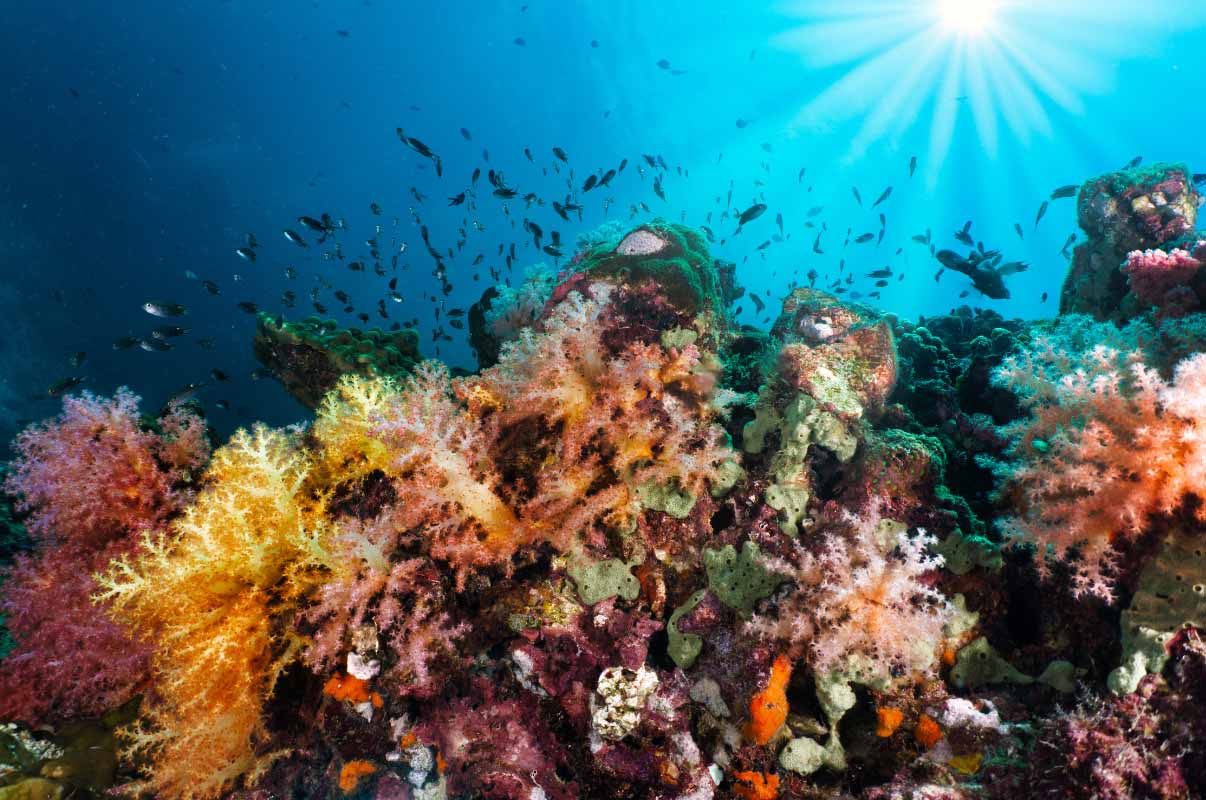
2. Biodiversity Loss
Warmer temperatures have a disastrous effect on the Earth's biodiversity. Natural disasters such as floods, forest fires and droughts are just a few factors caused by climate change that can cause habitat loss and food scarcity for various species of plants and animals. The Great Barrier Reef is an example of biodiversity loss due to coral bleaching and ocean acidification.
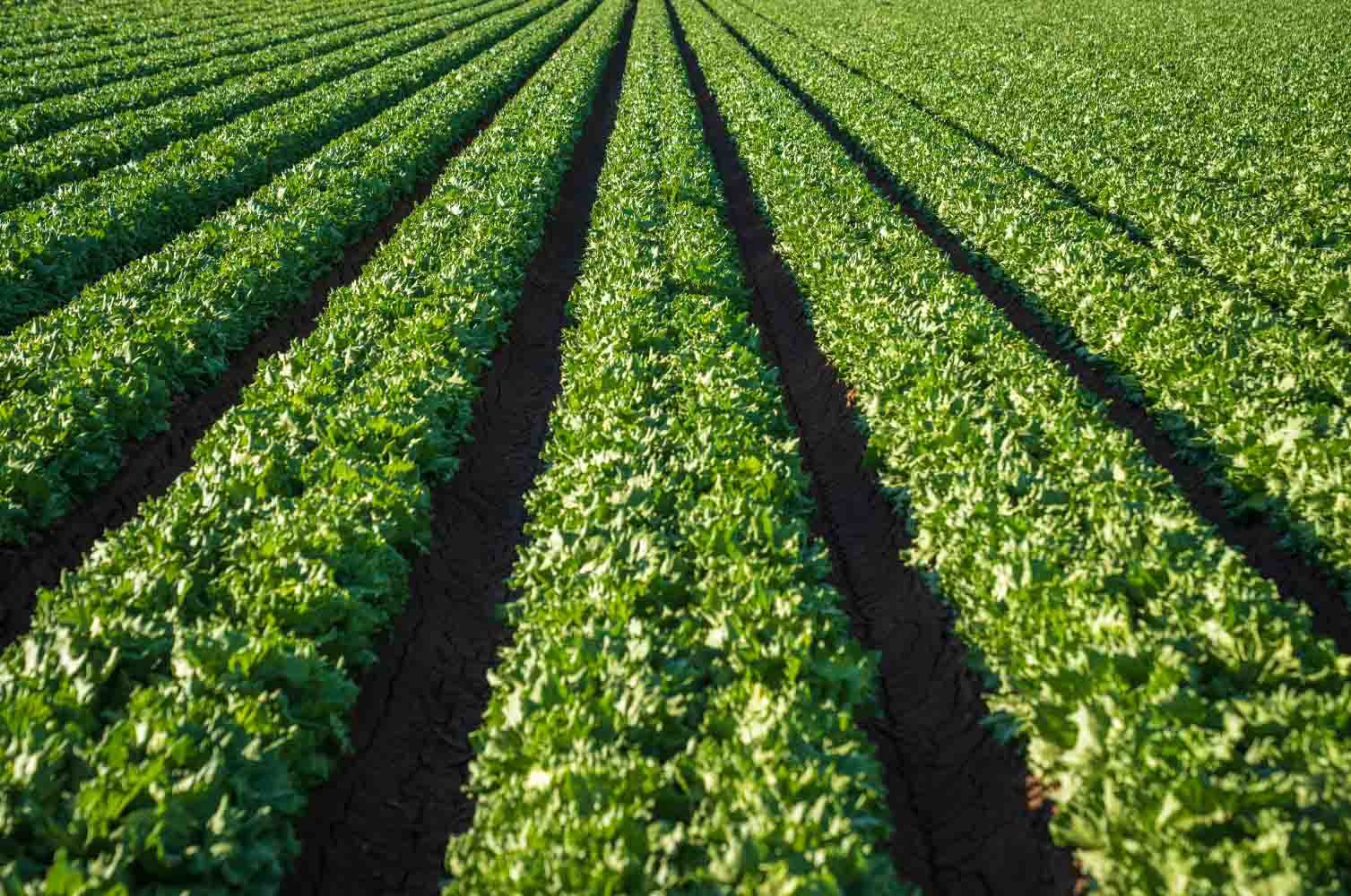
3. Food Security
If you’re already overwhelmed by inflation, prepare for another rise in grocery costs due to climate change! With an increase in weeds and pests and a change in rainfall patterns, fish, livestock and crop yields will begin to decline. Prices however will continue to climb as a response to declining food production.
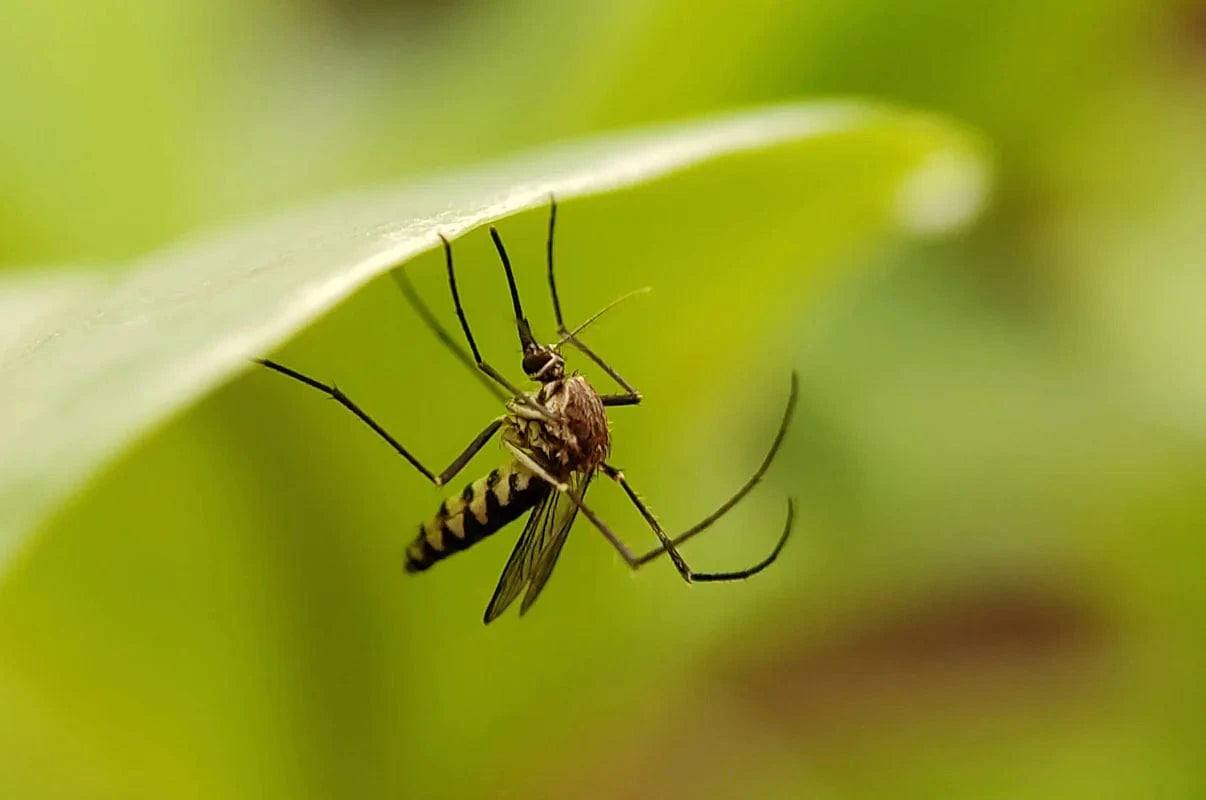
4. Increased Health Risks
Climate change is causing warmer temperatures and increased precipitation levels, making it possible for insects and other pests to breed and spread various diseases at astonishing rates. Lyme, dengue fever, West Nile virus and Rocky Mountain spotted fever are just a few concerning diseases that are spread easily amongst mosquitos, ticks and fleas.
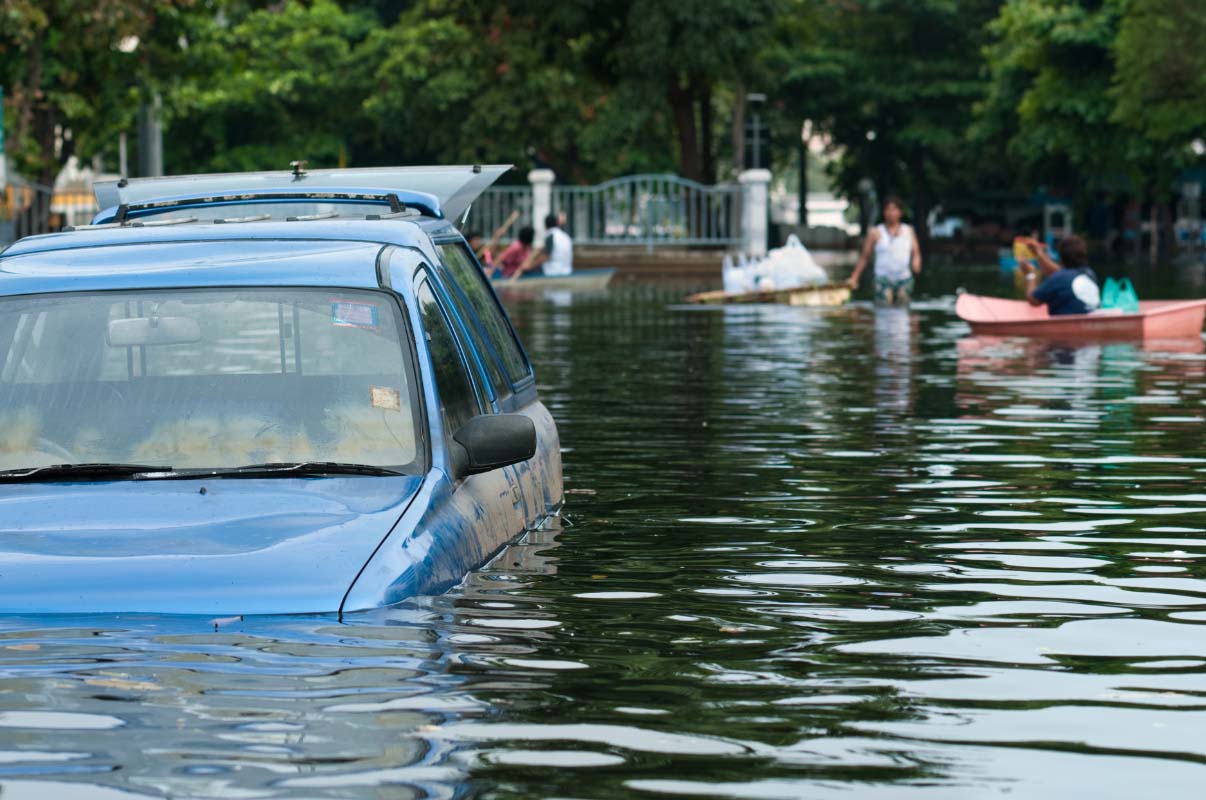
5. Extreme Weather
As you may have noticed, heavy precipitation as well as flooding has already increased in many regions. Flash floods and flooding have even been marked as the second deadliest weather hazard in the United states. Living in areas affected by flooding can also increase respiratory tract infections such as pneumonia, respiratory syncytial virus (RSV), and RSV pneumonia.
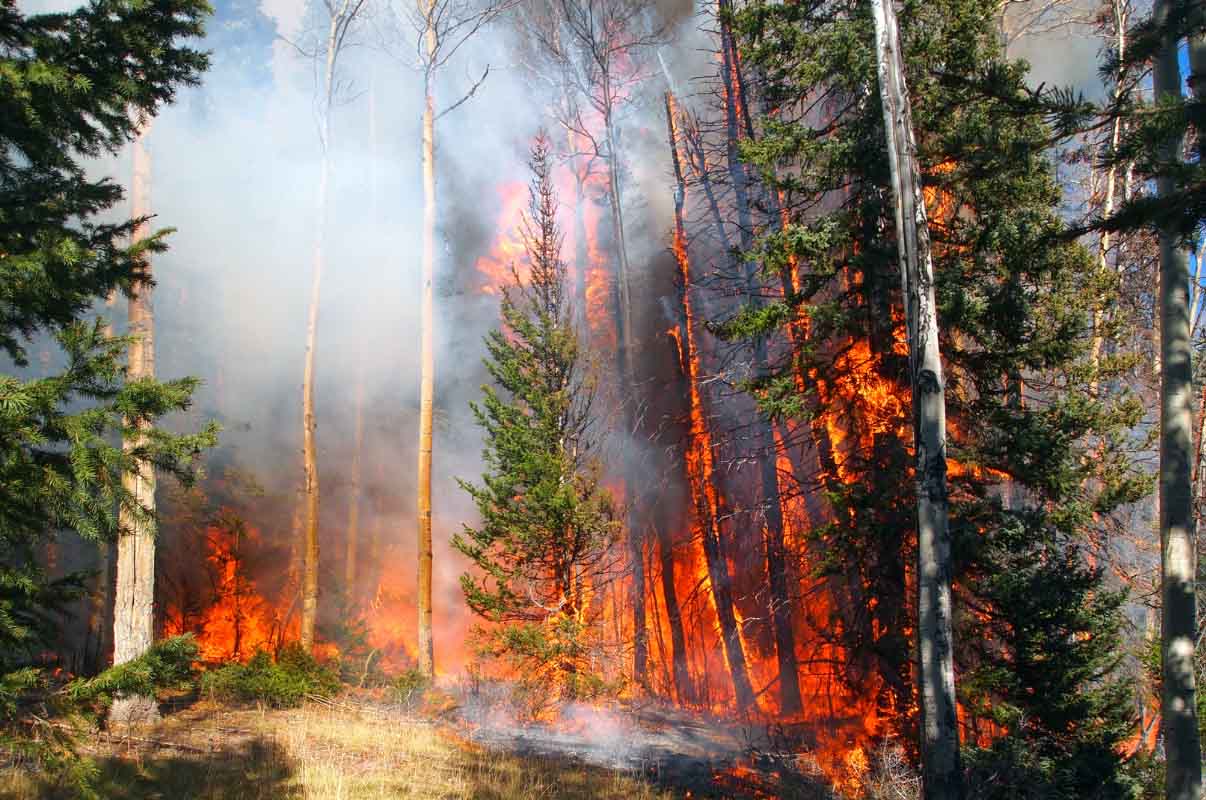
6. Frequent Wildfires
Long periods of high temperatures cause droughts that contribute to dry conditions and uncontrollable wildfires. If that wasn’t bad enough, the smoke from wildfires releases carbon monoxide, nitrogen oxides, and other volatile organic compounds into the air we breathe. Donating $1 towards forest fire recovery can help restore the forests lost to high-intensity fires.
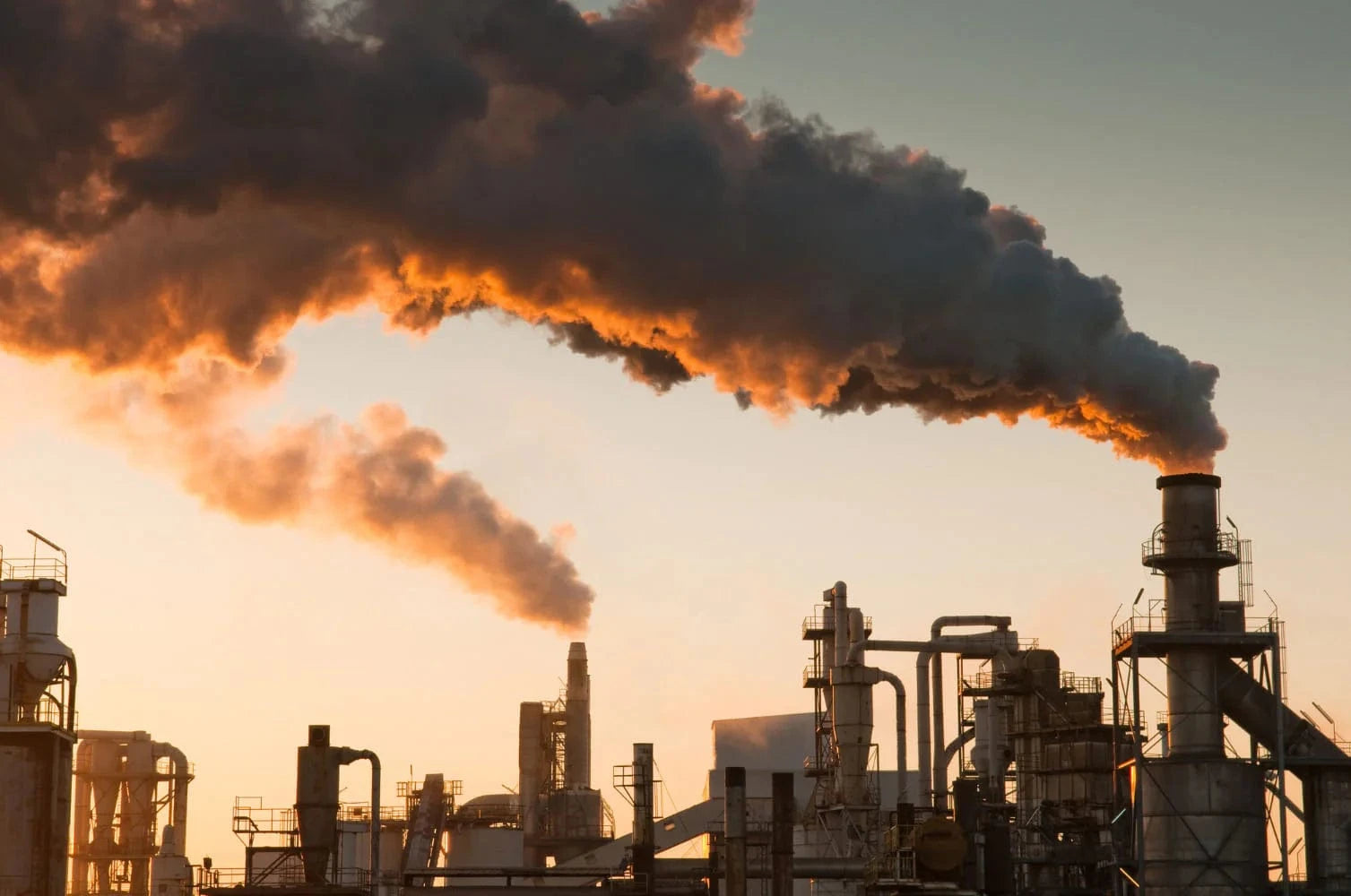
7. Air Pollution
The effects of climate change have been known to affect human health through ground-level ozone and particulate matter air pollution, which is associated with health risks such as lung infections, asthma and pre-mature deaths. Planting trees is a great way to keep our air clean by filtering out air pollutants such as carbon dioxide.
How can you help? Reforesting the planet is a great step that anyone can take to help fight climate change. Trees not only help reduce carbon emissions, but they also provide habitats to many species as well as filter pollutants from drinking water and reduce the risk of floods and landslides. Whether you’re volunteering your time at one of our many tree planting events or donating $1 to plant trees where they’re needed most, every tree planted helps!
Click here to support reforestation
with your company.
Get news, updates, & event Info delivered right to your inbox:
Related Posts
Plant Your Resolution: Making a Global Impact With The Grove
01/01/2026 by One Tree Planted
Trees & Oxygen: How They Produce It, How Much They Make, and Why It Matters
30/12/2025 by One Tree Planted
Amazon Rainforest Facts & Why It Matters for the Planet
25/12/2025 by One Tree Planted
Popular On One Tree Planted
How to Reduce Waste: 21 Practical Zero Waste Tips for Everyday Living
23/12/2025 by Meaghan Weeden
Inspirational Quotes About Trees
16/12/2025 by Meaghan Weeden
The 9 Oldest, Tallest, and Biggest Trees in the World
11/12/2025 by One Tree Planted
Fundraising Disclosures

Be Part of the Restoration Movement
The Grove is more than just a monthly giving program: it's a vibrant community of individuals who are dedicated to reforestation and environmental restoration on a global scale.





